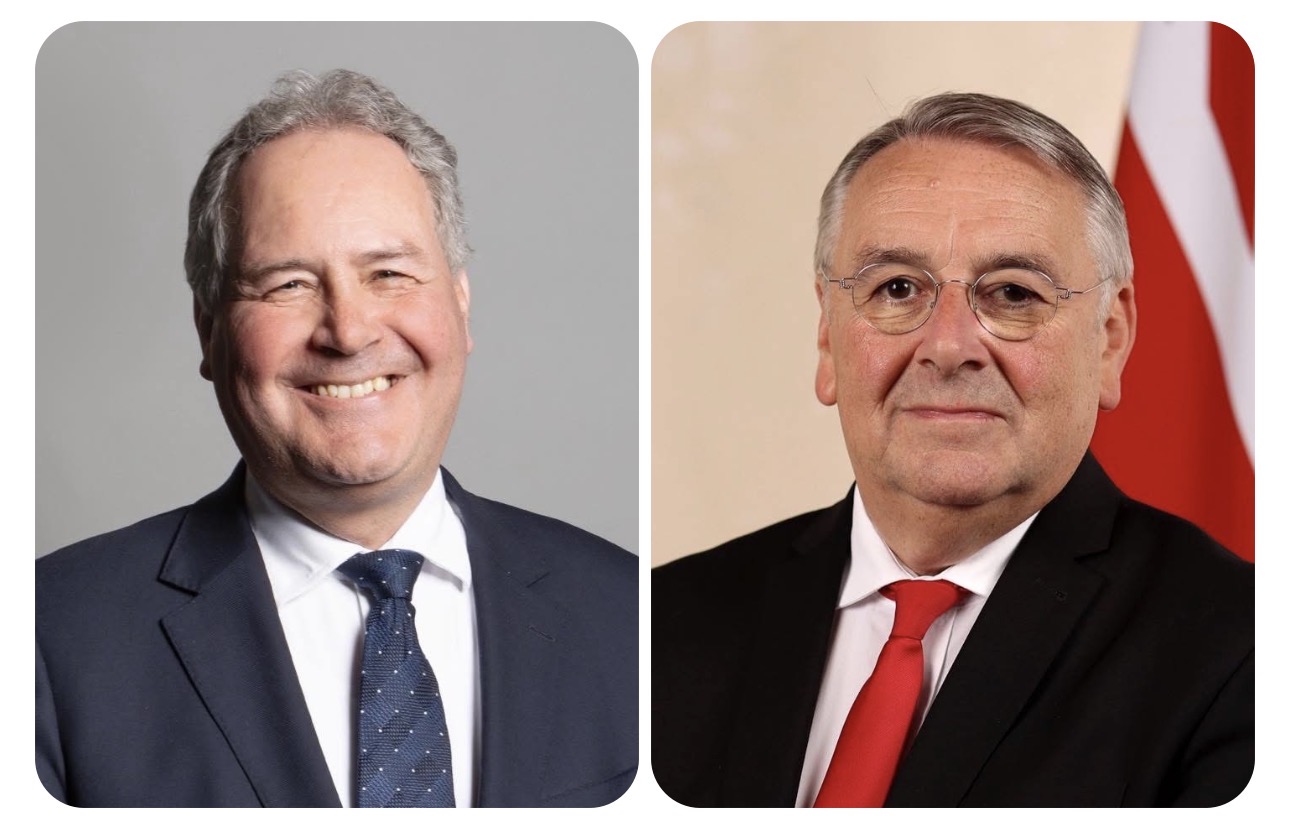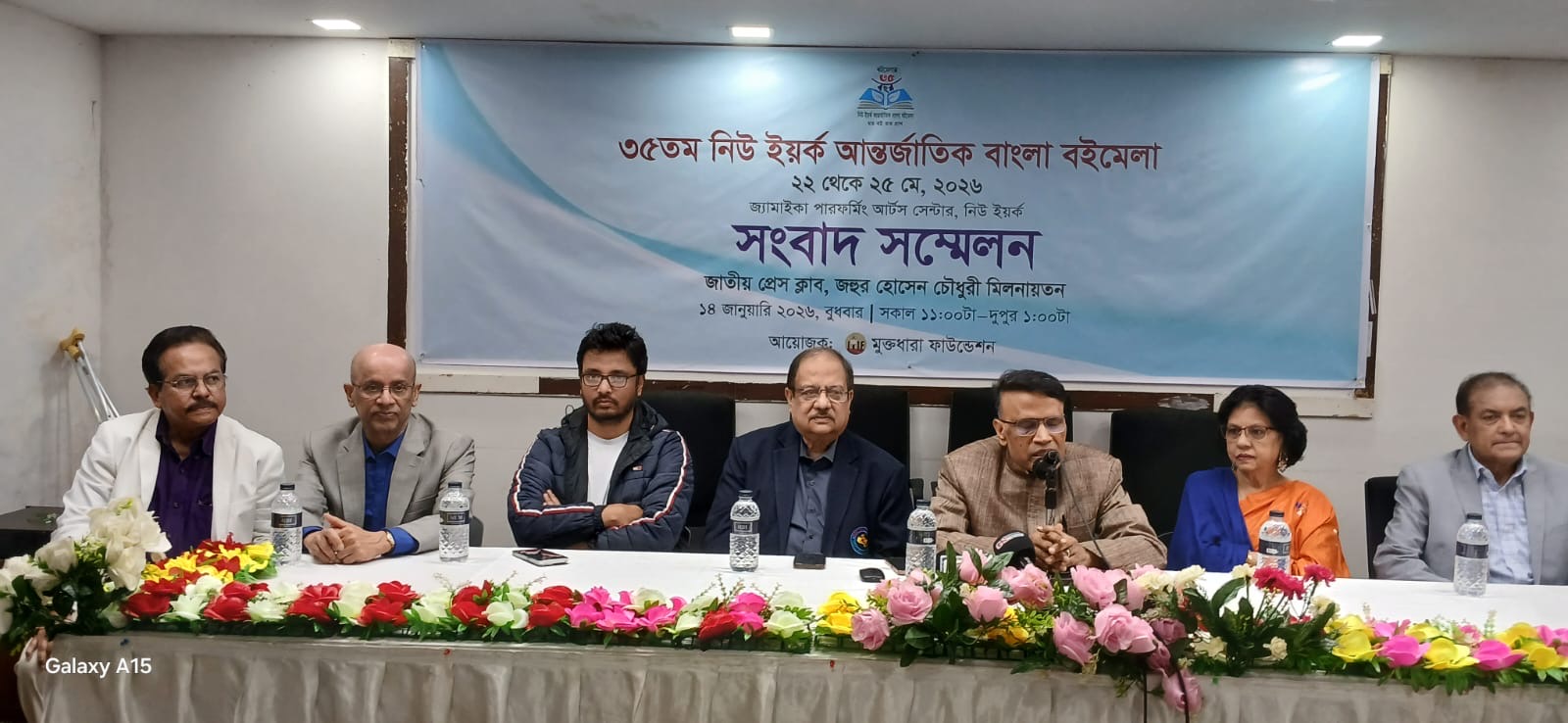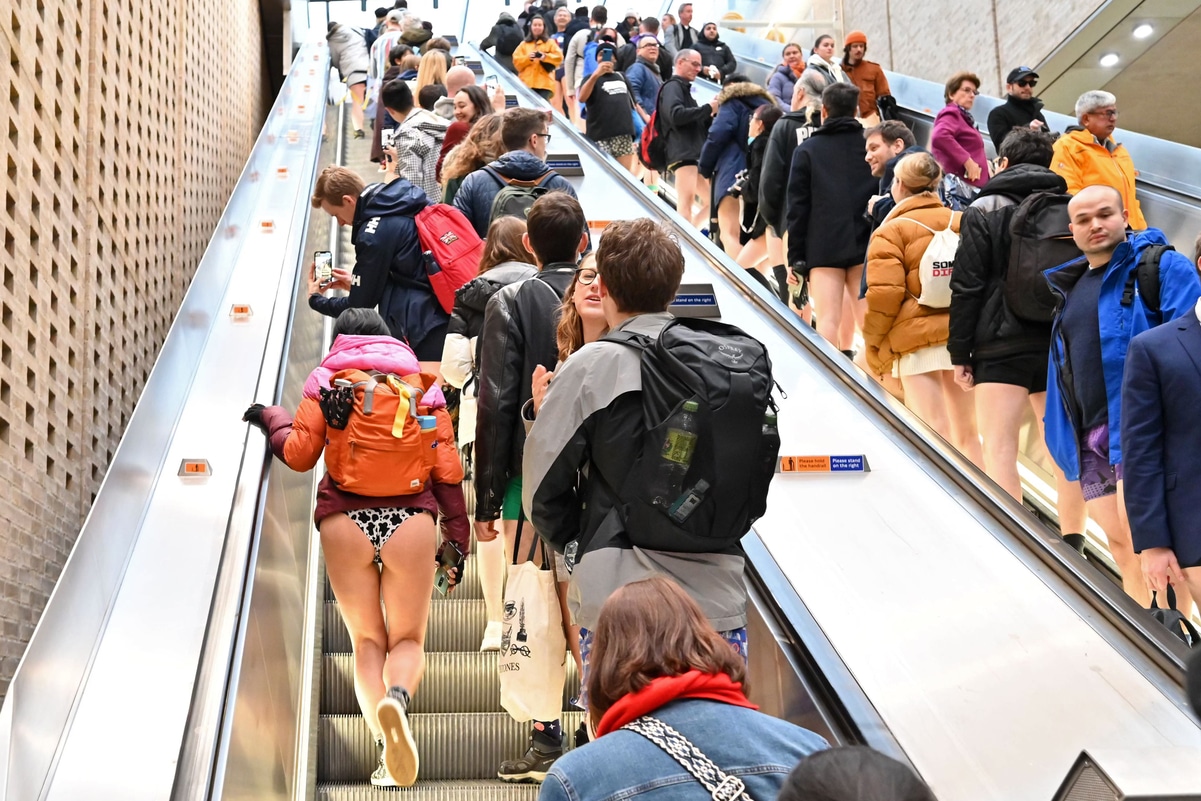Online Desk-
Recent reports, particularly one from the BBC, have sparked crucial questions about police use of lethal force globally and, more specifically, in Bangladesh. While police in various countries, including the UK, are authorized to use lethal weapons in certain situations, the debate intensifies when this authority seems inconsistently applied, or when the motives behind reporting on such issues are questioned.
The Controversy Around BBC’s “Investigative Report”
On July 9, 2025, the BBC published an article titled “Ex-Bangladesh Leader authorised deadly crackdown, leaked audio suggests,” presented as an “BBC Eye investigative report.” The report claims to have verified a leaked audio call involving former Prime Minister Sheikh Hasina, using audio experts “Earshot,” who reportedly confirmed the audio was not edited or manipulated. Based on this, the BBC concluded that Sheikh Hasina authorized a crackdown.
However, on the same day, Mohammad Tajul Islam, Chief Prosecutor of the International Criminal Tribunal (ICT), stated that the controversial phone call audio, allegedly from former Prime Minister Sheikh Hasina authorizing lethal force during the July demonstration, was not uncovered by the BBC but rather obtained through the Tribunal’s own legal processes.
This BBC headline naturally created a stir, particularly within the interim government, with some believing the headline alone would suffice to achieve their objectives, as many people don’t read beyond the title.
Forensic Analysis and Questions of Audio Fragmentation
The BBC’s claim that forensic expert Earshot found the audio unedited or unmanipulated raises significant questions, especially given that the audio is an 18-second fragment of a conversation. If only a portion of a larger conversation is leaked, how can it be deemed “non-edited”? The individual who possessed the full conversation presumably omitted the rest. “Editing” isn’t solely about cutting and splicing; the partial presentation of information can also compromise its integrity.
The BBC further claims the audio is from July 18, citing “a source with knowledge of leaked audio.” This prompts another question: why was an “internal source” needed to determine the audio’s date when forensic analysis typically provides detailed information about an audio’s origin and timestamp? Why is there no comment from Earshot on the date?
If the BBC possesses an “internal source” with knowledge of the leaked audio, why didn’t they attempt to obtain the complete audio? They could hire an organization like Earshot for forensic analysis, but despite having a source, they couldn’t get the full audio? A truly investigative report would require the entire conversation.
The 18-Second Audio: Lack of Context and Relevance
The published 18-second audio fragment lacks crucial context: who was being spoken to, who was being given instructions, who was to be arrested, and under what circumstances was the use of lethal force authorized? How, then, did the BBC conclude that the discussion was about ordinary protesters? This is undoubtedly a snippet of a larger statement. Those who released it must have the full conversation. If their intentions were genuine, why release only this fragment? What was the issue with releasing the rest?
Debating the Report’s Intent and Timing
While the BBC labels this an “investigative report,” it doesn’t reveal anything new that hasn’t been discussed repeatedly over the past eleven months. The audio call in question was also published in March but didn’t gain significant traction then. Many believe the BBC’s “biased headline” has repackaged it with a renewed purpose.
However, the timing of this report is highly significant. It comes just after the US imposed a new 35% tariff following the Yunus government’s failed negotiations, which could destabilize the country’s fragile economy. At the same time, Bangladesh is grappling with a rape epidemic, a breakdown in law and order, and international media attention on “mob terrorism.” Critics argue that the BBC report is being used as a shield to divert attention from the Yunus government’s mounting pressures, suggesting this has been their “eyewash politics” for the past eleven months.
Audio Authenticity and the Possibility of Deepfakes
In an era rife with deepfakes, where powerful figures like Trump, Putin, Modi, Xi Jinping, and Elon Musk are targeted with deceptive deepfake audio and video, many suspect this audio could also be a deepfake. Others present evidence suggesting it’s an audio from the Holey Artisan Bakery attack in July 2016.
Despite these concerns, a traditional international news organization like the BBC seems to have disregarded them, releasing the audio and allowing it to go viral. The question now circulates among the informed public: how can the British Broadcasting Corporation publish a news report based on such a fragmented audio, claiming it’s “not edited,” without presenting all sides of the story?






Leave a Reply